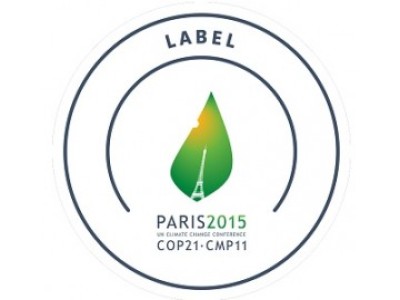https://www.youtube.com/watch?v=gOgTxo_4Tgo
The 2015 Paris Climate Conference (COP21) has achieved a significant commitment: To hold the increase in the global average temperature to well below 2ºC and to pursue efforts to limit the temperature increase to 1.5ºC
Singapore will work towards the pledge to reduce emissions intensity by 36 per cent from 2005 levels, by 2030, and to stabilise emissions with the aim of peaking around 2030.
PM Lee Hsien Loong described the agreement as "historic", adding that Singaporeans have a role in protecting the environment.
Well before the COP21, corporate giants like Starbucks, Walmart, Apple, Google, Ikea, Lego, etc have taken bold actions to reduce their carbon footprint and even commiting to go for total renewables by 2020.
In Singapore, the government has commited to role out 350 MW of PV system by 2020 for government buildings and HDB flats. In terms of energy production, the 350 MW system will only support about 1% of the country’s energy consumption and therefore reduces fossil fuel energy usage by the same percentage. Although 1% carbon reduction appears small but deployment of 350 MW worth of solar energy is a big step within the next 5 years.
How can the private sector help to scale up the adoption of solar energy and reduce our dependence on fossil fuel energy? Should the decsion be driven by cost, LCOE, ROI or discount over tariff? The oil producing nations are treatened by the exponential growth of solar energy. Reports are rife that oil prices will remain low this year. With the latest tariff now at 19.50 c/kWh (LT), are we going to wait for oil prices to recover before making a move to save the planet?
The Energy Conservation Act (ECA) which was enacted in April 2013 aims at providing an impetus to large industrial consumers to increase their energy efficiency and reduce the impact of their greenhouse gas emissions. Under the Act, companies consuming more than 15 gigawatt-hours per year are required to implement a three-pronged mandate – appoint an energy manager, monitor and report energy usage and greenhouse emissions, and submit energy efficiency plans. Nearly 170 companies are impacted by this legislation. Reducing greenhouse gas emissions can be focussed into 3 main areas - energy efficiency (EE), energy management (EM) and renewable energy (RE). The ECA legislation is only the first step before evolving towards more targeted measures based on the data collected as part of its compliance.
There are limits to which EE and EM can achieve due to current available technologies and user habits. With the adoption of RE, the organisation’s carbon footprint can be reduced even further. For an industrial facliity consuming 15 GWh per year, a solar PV system of 1 MWp can generate about 1.2 GWh of clean energy per year offsetting about 8% of fossil fuel energy usage.
RE is good for the climate, good for the economy and good for the business. Sustainability is no longer an optional luxury - it is now a reality.



